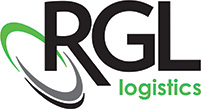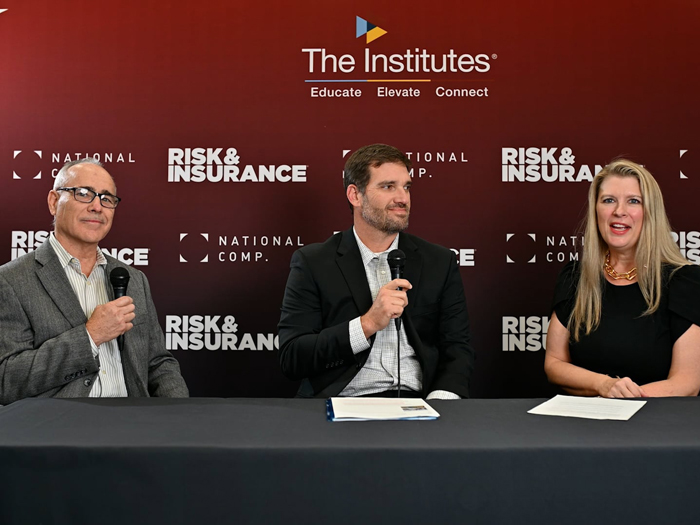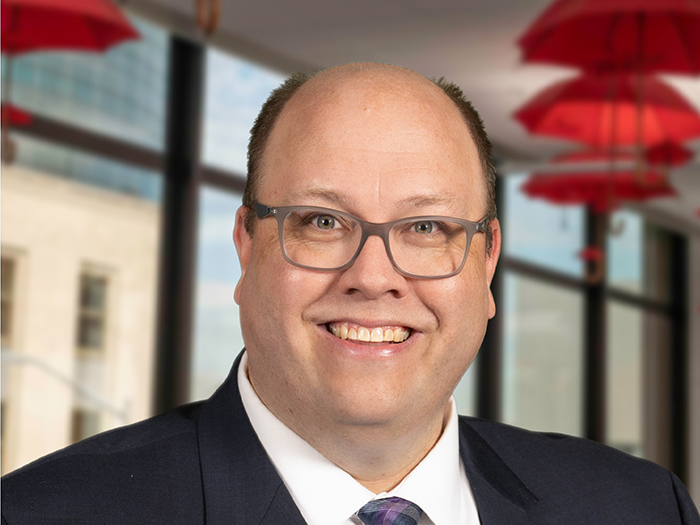2024 Theo Award Winner: RGL Logistics
 RGL Logistics, a nationwide transportation and logistics company located in Green Bay, Wisconsin, faced significant challenges in its workers’ compensation program. The company’s experience mod wasn’t where it needed to be, and injuries were impacting both employee wellbeing and operational efficiency.
RGL Logistics, a nationwide transportation and logistics company located in Green Bay, Wisconsin, faced significant challenges in its workers’ compensation program. The company’s experience mod wasn’t where it needed to be, and injuries were impacting both employee wellbeing and operational efficiency.
Tackling the Problem
RGL Logistics took a multifaceted approach to address these safety concerns, beginning with a thorough review of past injuries and their root causes to identify areas for immediate impact. That meant diving deep to see what’s below the surface, said Sheila Stordahl, the company’s vice president of human resources and risk management.
“For example, we had an injury where a teammate was trying to lift a 300-pound roll back onto a pallet because it spilled,” she said. “He felt a pop in his elbow. So what caused it? Well, he was overextending himself and put himself in a very risky situation.
“But you have to dig deeper — why did that roll even slip off the pallet to begin with? Let’s go back to the true root cause and those contributing factors. Then we see that we have these rolls coming in that are not as stable as they could be; some of the straps break on them when they come from the customer. So we go back to the customer and we work with them on different banding, and testing it.
“Now we don’t have those rolls coming in unstable, and the chance of that happening goes away,” said Stordahl. “So yes, we can teach our teammates ‘Don’t lift rolls; use lift equipment,’ or we can say ‘Let’s stop this from ever happening so nobody even puts himself in a risky position to begin with.’ ”
The company also overhauled its hiring process, partnering with a practitioner who understood RGL’s values and mission to develop a comprehensive post-offer and pre-employment assessment protocol. This new process incorporates functional status assessment tools, physical assessment software and NIOSH standards to ensure new hires are capable of safely performing their job duties.
Stordahl has high praise for Dr. Brad Kenny, the chiropractor and ergonomist who leads the testing. The process goes beyond the parameters of bending, twisting, force and pressure, she said.
“Dr. Brad might say, ‘Hey, I’ve cleared this person for your forklift job.’ Or he might say, ‘Hey, I have a warning, this person might have sleep apnea.’ So we might pay for them to go through a sleep apnea study,” she said. “Some people might not have the money to put forward for something like that. So if they’re willing to partner with us to improve themselves, we’re willing to put that investment in for them to be a teammate.”
A key component of RGL’s strategy is their “stay at work” policy. This initiative commits to finding meaningful work for any team member who suffers an injury, allowing them to remain a productive part of their team while recovering. The company worked closely with local medical providers to familiarize them with the daily tasks of RGL team members, enabling more effective return-to-work plans.
RGL also partnered with their workers’ compensation insurance provider to implement a triage line for initial assessments of non-critical injuries. This helped reduce unnecessary medical facility visits and associated costs.
The company is actively investing in rewriting processes and procedures used to train team members, focusing on safe work practices and clear communication channels for safety concerns. RGL has fostered a “culture of commitment” where team members are encouraged to speak up about potential hazards. This culture is reinforced through one-on-one safety conversations between leaders and team members, group facility hazard assessments, and creating an environment where asking questions and raising concerns is welcomed.
To gauge the effectiveness of their safety initiatives, RGL conducts an annual safety survey through a third party. The results are used to form action teams that work on corrective measures, and progress is shared quarterly to ensure continuous improvement.
Success to Build On
Since initiating its comprehensive approach to workplace safety, RGL Logistics has successfully reduced the frequency of lost time injuries, and in cases where time away is necessary, the duration has been minimized. While the frequency of minor injuries and first aid incidents remains an area for improvement, RGL’s focus on creating a culture of commitment and psychological safety continues to drive progress.
Organization: RGL Logistics * Location: Green Bay, Wisconsin * Number of Employees: 167 * Category: Transportation & Logistics
The company’s efforts have led to year-over-year improvements in safety metrics. Perhaps most notably, RGL’s experience mod has dramatically improved, the current low rate reflecting the substantial positive impact of its safety initiatives.
RGL Logistics’ journey demonstrates how a strategic, multifaceted approach to workplace safety can transform a challenging situation into a success story. By prioritizing employee wellbeing, fostering a culture of safety and continuously refining its processes, RGL has not only improved its safety record but also created a more engaged and productive workforce. &
 The Theo Award celebrates its inaugural year, honoring 31 workers’ compensation programs for their excellence and service to workers across the nation. To learn more about the award and amazing qualities each winner possesses, visit here.
The Theo Award celebrates its inaugural year, honoring 31 workers’ compensation programs for their excellence and service to workers across the nation. To learn more about the award and amazing qualities each winner possesses, visit here.











